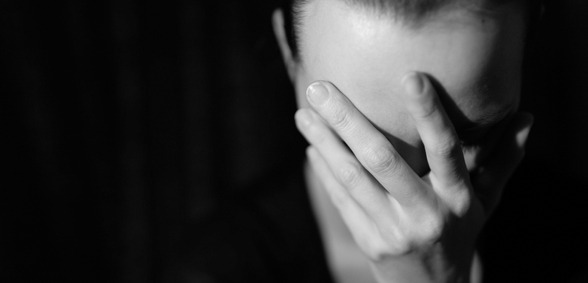
CREDIT: This story was first seen in BBC News
YMCA research finds, with more than half (55%) of children saying they had been bullied about the way they looked, BBC News reports.
For its research – In Your Face – the youth charity surveyed 1,006 youngsters aged 11 to 16 across the UK and carried out focus groups in 12 different UK locations.
It found that of those who had experienced appearance-based taunting:
- 60% had tried to change the way they looked
- 53% said they became anxious
- 29% said they said they became depressed
- 24% said they had reduced the amount they ate
“It makes me not want to come into school and it makes it harder in lessons,” one young person from the Vale of Glamorgan told YMCA researchers.
“With my experiences, without my mum boosting up my confidence, for me to have been able to have got through the 11 years of school, without her giving me that boost and other members of my family, I wouldn’t have been able to get through it,” said another from Nottinghamshire.
For 54% of victims, the bullying had started by the age of 10.
This was true for Hannah who says the taunting began at primary school.
“From the age of nine, I encountered remarks from the other children about how I already had teenage spots, how I was a ‘freak’ for being so tall and how old I looked for my age,” she says.
“You take what they say as fact, so your perception of how you really look becomes distorted – you expect the truth to be what you’ve been told.”
She says being bullied from a young age contributed to her developing body dysmorphic disorder, which is when someone becomes obsessed with imaginary defects in their appearance.
While therapy has helped her deal with the obsessive element of the disorder, Hannah says she still suffers with low self-esteem.
“What’s helped me is focusing on my personal qualities – my skills, my abilities in my studies, my sense of humour.”
The YMCA is urging secondary schools in England and Wales to make use of its body confidence campaign toolkit which offers guidance, materials and advice on teaching about improving young people’s body confidence.
Hannah, who now volunteers for the YMCA to raise awareness about body confidence, adds: “Difference and diversity should be celebrated, and young people should always be reminded that in the future, colleges and universities are going to look at grades, efforts and personal achievements, rather than popularity and appearance.
“We need to teach them to appreciate all the things that their body can do as opposed to just what it looks like.”
Denise Hatton, chief executive of the YMCA England & Wales, says: “Bullying has always existed among young people, but this generation face increasing pressure to live up to unrealistic beauty ideals which they say come from celebrities, social media and the media.
“It’s crucial that we teach young people how to feel comfortable in their own body and that looking different isn’t a bad thing.
“We know from previous research that young people who have learned about body confidence at school feel better about their bodies.”
Don’t forget to follow us on Twitter, like us on Facebook, or connect with us on LinkedIn!


Be the first to comment